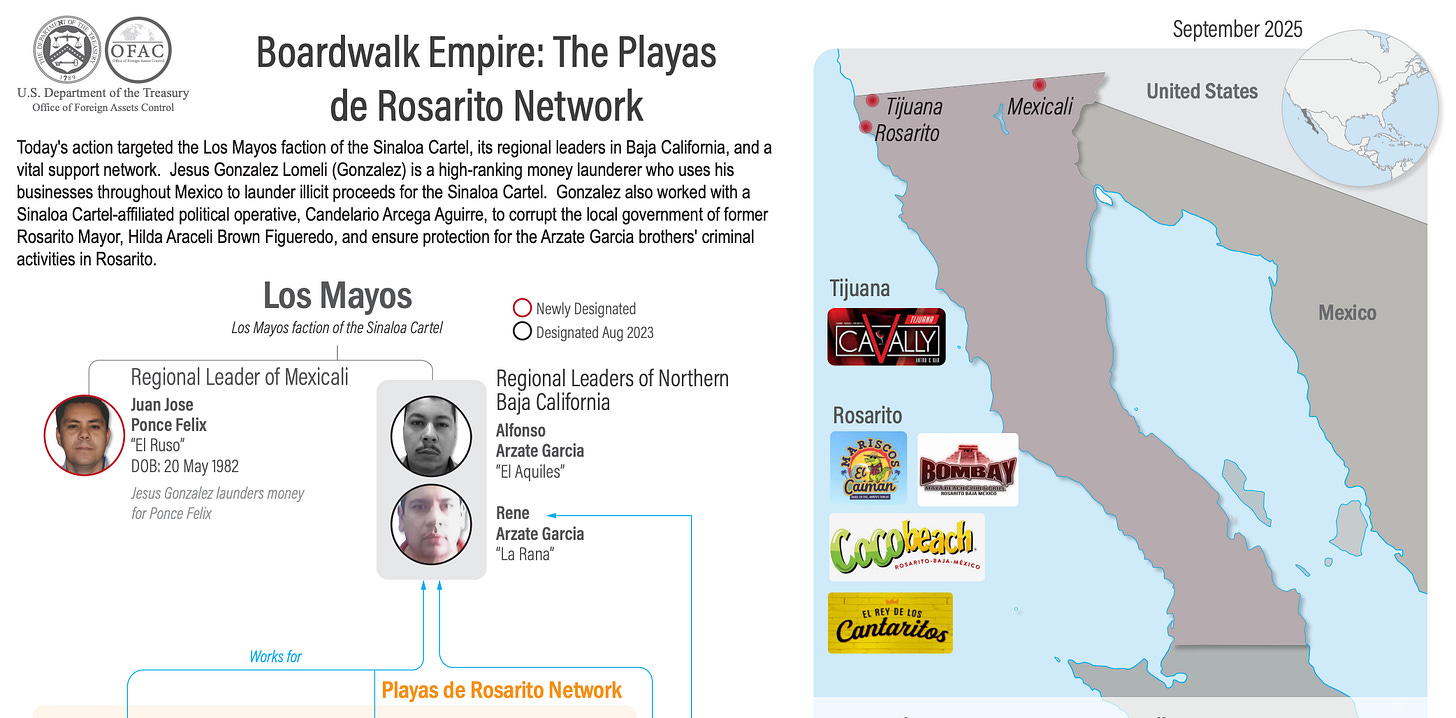Washington Moves Against El Mayo’s Cartel Network, Accusing It of Bribery, Political Capture, and Cross-Border Fentanyl Trade
Keep reading with a 7-day free trial
Subscribe to The Bureau to keep reading this post and get 7 days of free access to the full post archives.


